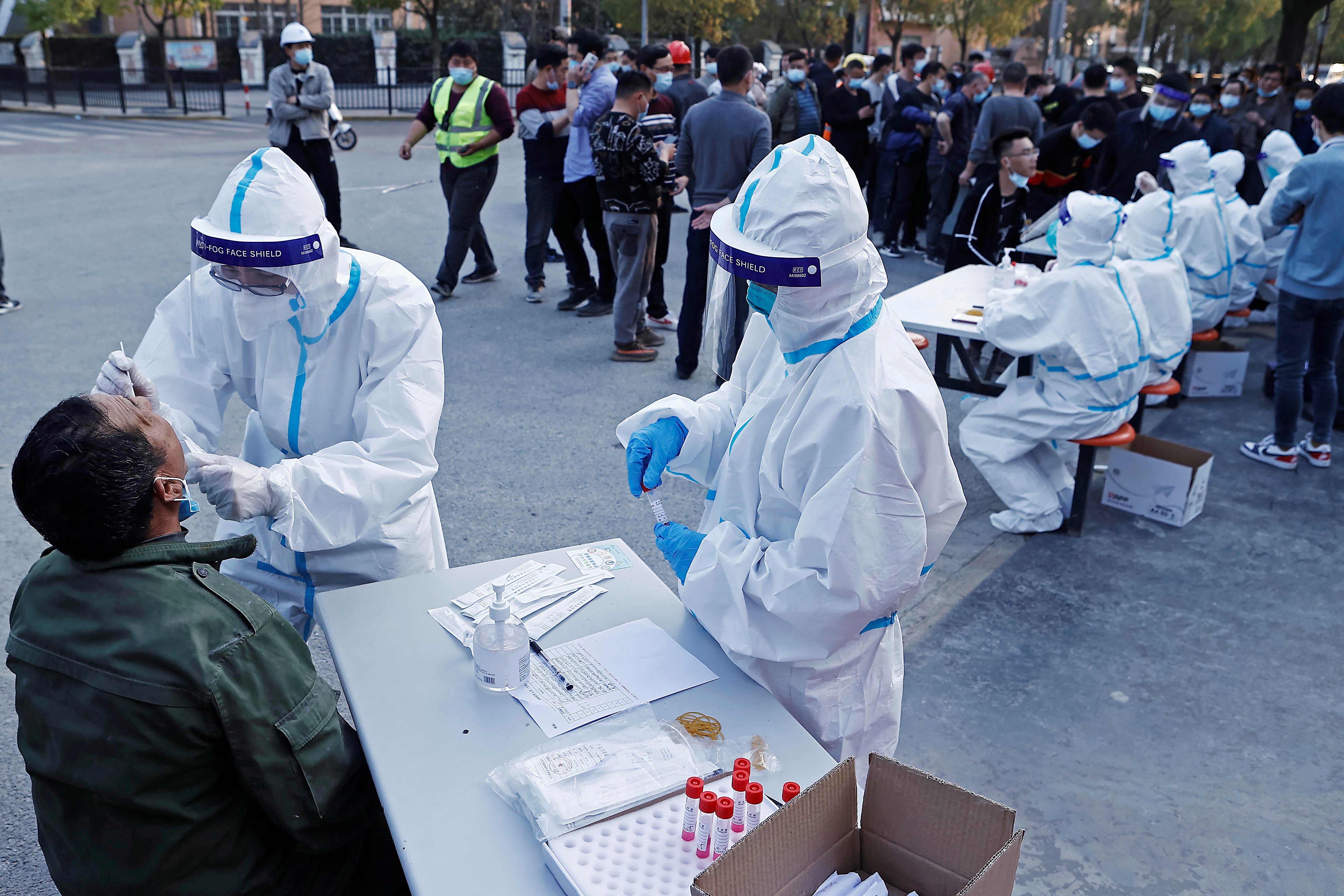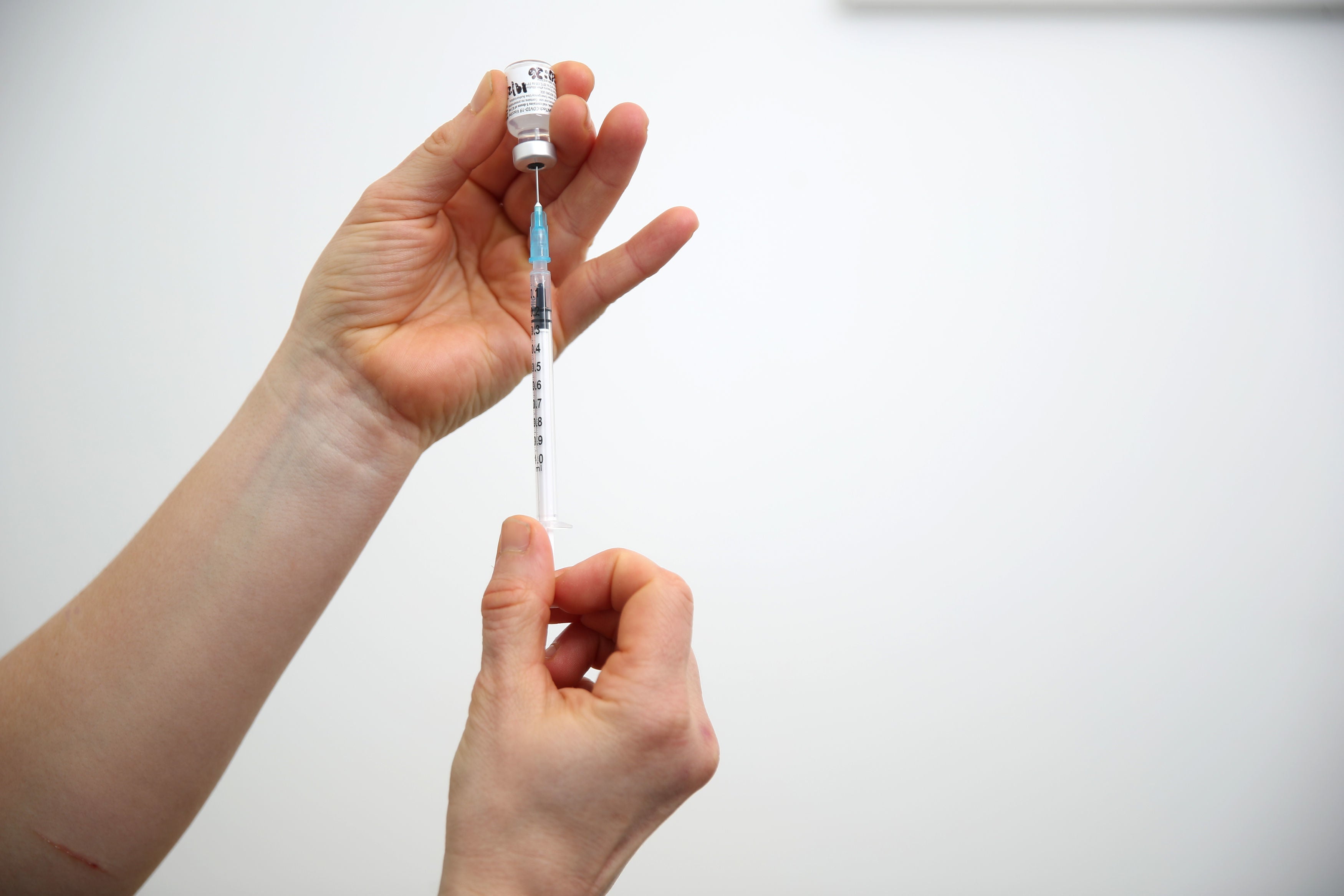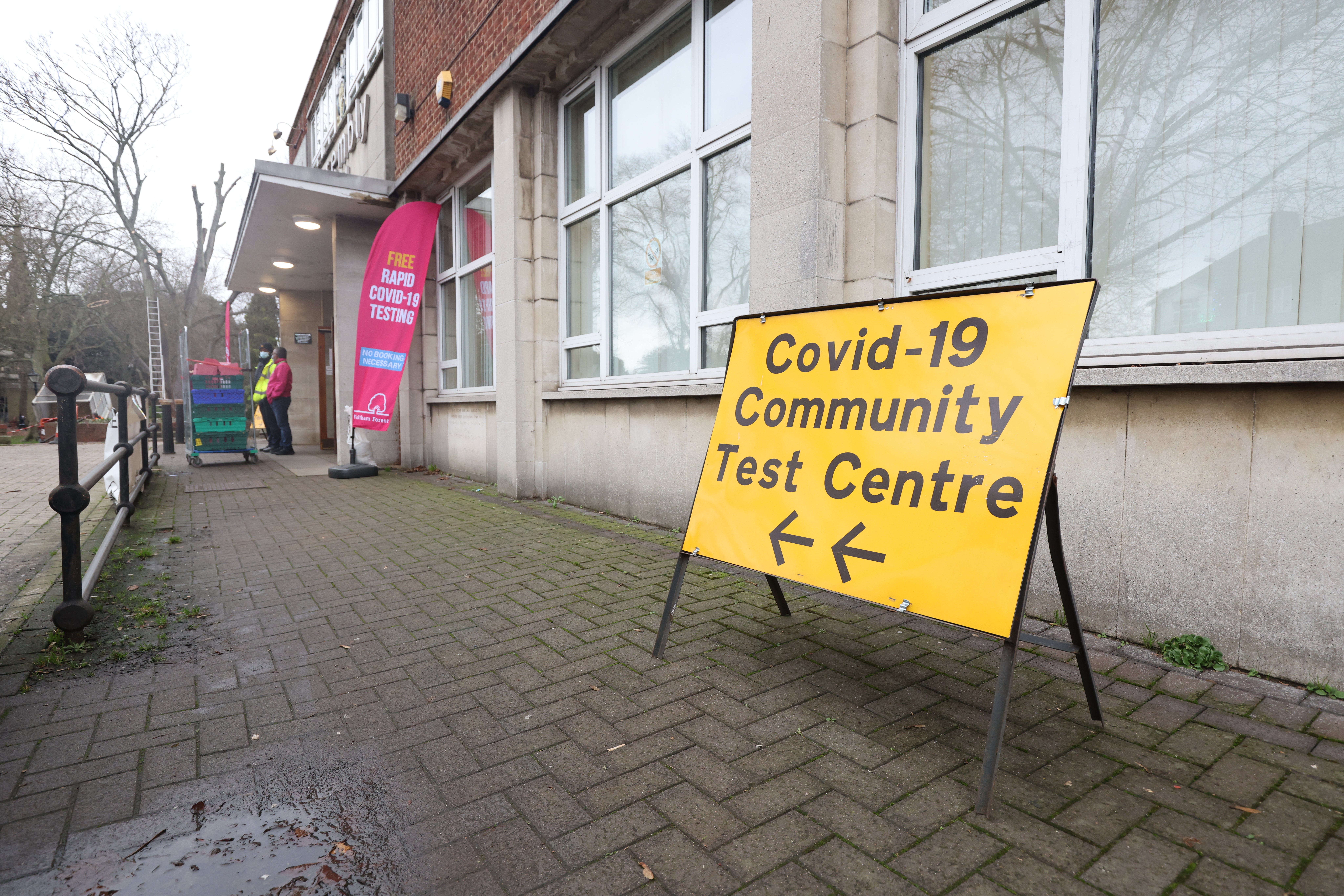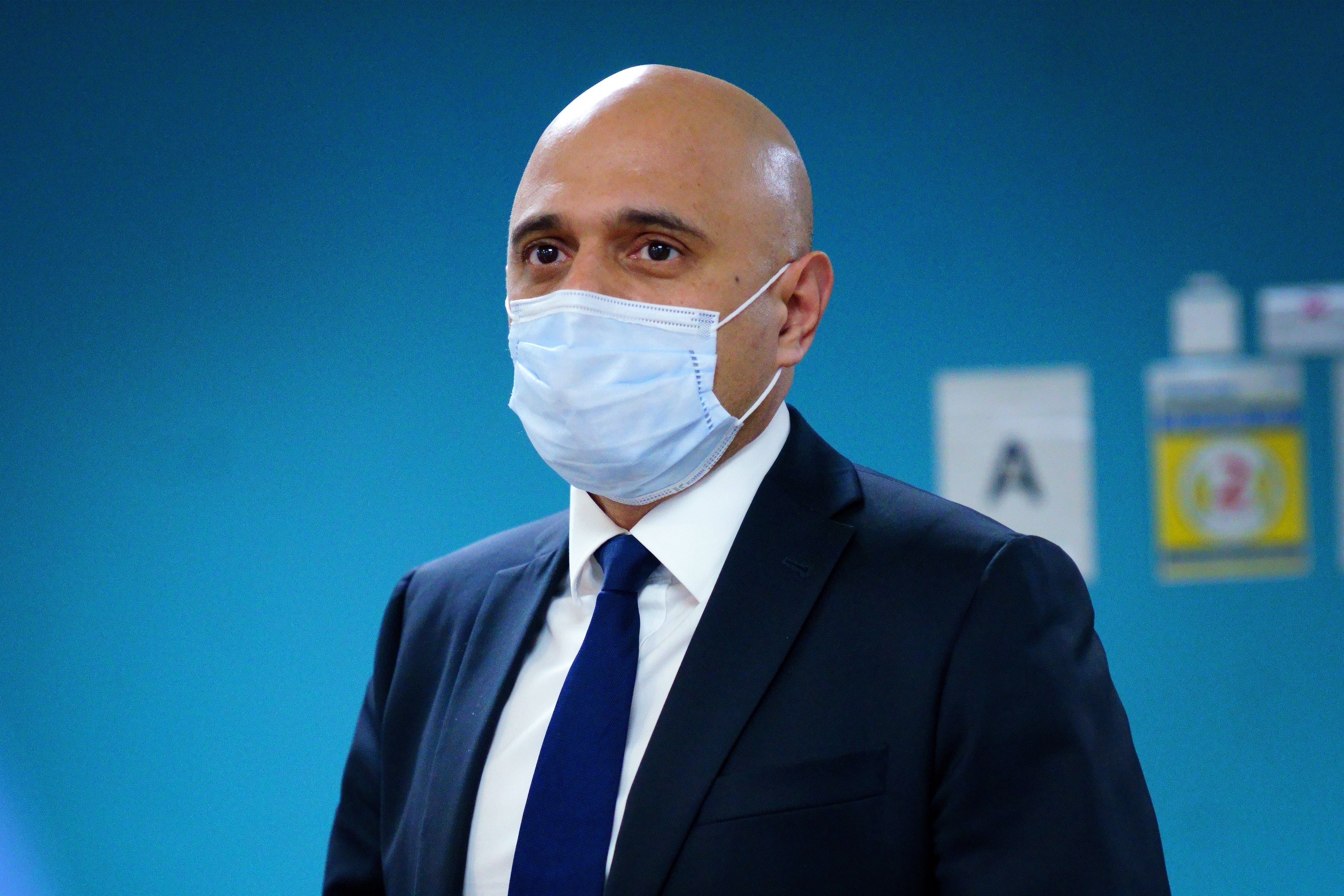What is Deltacron? Everything you need to know about the new Covid-19 variant
Scientists in France found a new Covid-19 variant which has elements of both Delta and Omicron

Your support helps us to tell the story
From reproductive rights to climate change to Big Tech, The Independent is on the ground when the story is developing. Whether it's investigating the financials of Elon Musk's pro-Trump PAC or producing our latest documentary, 'The A Word', which shines a light on the American women fighting for reproductive rights, we know how important it is to parse out the facts from the messaging.
At such a critical moment in US history, we need reporters on the ground. Your donation allows us to keep sending journalists to speak to both sides of the story.
The Independent is trusted by Americans across the entire political spectrum. And unlike many other quality news outlets, we choose not to lock Americans out of our reporting and analysis with paywalls. We believe quality journalism should be available to everyone, paid for by those who can afford it.
Your support makes all the difference.A fresh reminder that the pandemic is not yet over comes as new Covid-19 variant Deltacron is officially identified with cases confirmed in France and the US.
Here is everything you need to know about the new Covid variant.
What is Deltacron?
Deltacron is a Covid variant that is made up of elements from both Delta and Omicron.
It contains genes from both of these previous variants, which makes it a recombinant virus.
This is when the genetic material from more than one origin is combined- in other words, when someone is infected with two variants at the same time and their cells then replicate together.
Scientists say the “backbone” of the Deltacron variant is derived from Delta, but its spike protein, which allows the virus to gain entry to human cells, originates from Omicron.
Maria van Kerkhove, the Covid technical lead for the WHO, said her team were “tracking and discussing” the new variant.
Where has the variant been found?
The variant has been detected in several regions of Frances and appears to have been circulating since early January.
Virologists from L’Institut Pasteur in Paris, a leading global biomedical research institute, sequenced the genome of the Deltacron variant and submitted its full genomic sequence on Tuesday to the international Covid database, GISAID, which means it was officially confirmed as a variant.
Researchers said that the variant has been identified in at least 17 patients in the US and Europe, and according to UKHSA around 30 cases have been detected in the whole of the UK as reported by The Guardian.
Last month, the UK Health Security Agency said it was investigating a variant named “Delta x Omicron Recombinant (UK)” – but it’s not known if this is linked to the French-based Deltacron.

How worried should we be?
With very few cases of the new variant so far, there is little data which can be used to predict how contagious this variant is, and how it will fare against vaccines.
However, Aris Katzourakis, a professor of evolution and genomics at the University of Oxford, said: “This one is legit,” adding, “[It is] one to keep an eye on.”
Professor Lawrence Young, a virologist at Warwick University, echoed this sentiment and said the emergence of Deltacron “serves to highlight the need to maintain genetic surveillance” in the UK and elsewhere.

Dr Stephen Griffin, a virologist at the University of Leeds, suggested that there are “multiple scenarios” that could unfold with this new variant as it derived its spike from Omicron, so the Deltacron variant could similarly target the upper respiratory pathway, rather than the lungs, Dr Griffin said.
“At the same time, there are some parts of Omicron thought to lessen severity that are missing from the recombinant,” he added.
There is no clear data yet whether Deltacron is more infectious or deadly than its predecessors. Dr Griffin said the “fact it persists in the fact of Omicron” suggests its transmissibility “can’t be too shoddy”.
Soumya Swaminathan, the chief scientist at the World Health Organisation (WHO) wrote on Twitter: “Need to wait for experiments to determine the properties of this virus. Importance of sequencing, analytics & rapid data sharing as we deal with this pandemic.”

When asked if he had any concerns over Deltacron, Health Secretary Sajid Javid said: “We keep it under review but we have no concerns at all.
“The most recent one of concern has been Omicron but we have successfully navigated our way through that as a country thanks to the response of the British people.
“There are also so-called subvariants of Omicron and we’re not concerned about any of those at this important time.”



Join our commenting forum
Join thought-provoking conversations, follow other Independent readers and see their replies
Comments